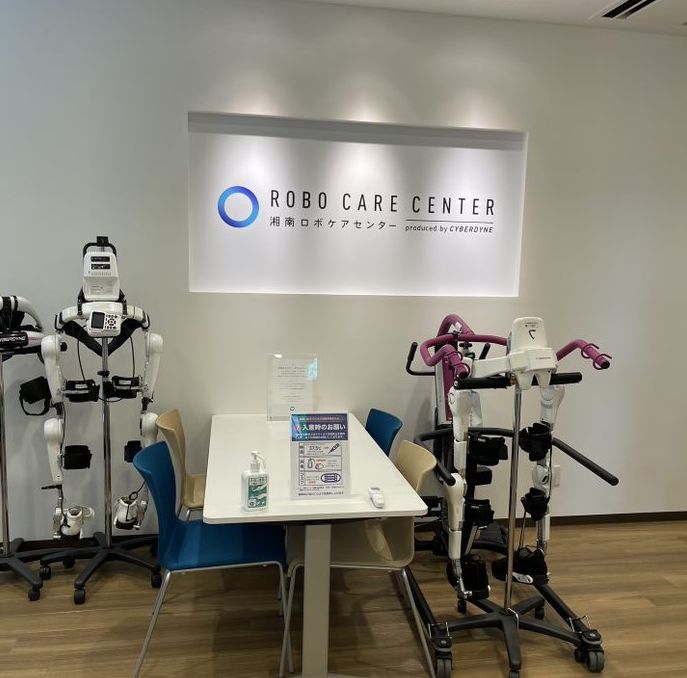Japan is considered one of the healthiest countries in the world and improvements in public health, advances in medicine, and socio-cultural practices have given Japan the highest life expectancy in the world. The Global Health Aging: Gerontology in Japan course explores and analyzes how broader cultural norms and social institutions of contemporary Japan shape individuals’ experiences of growing older, life-stage transitions, and intergenerational relations through a life course perspective.
During the spring semester, admitted students will take part in mandatory onboarding followed by a two-week faculty-led travel experience in Japan during the summer. The course is informed by an interdisciplinary gerontological approach integrating visits to and engagement with academic (research centers and universities), business (biotech, pharmaceutical, robotics), health and medical (geriatrics, hospitals, preventative care), policy (local and prefectural government), and socio-cultural (cultural heritage, living environment, social network) sites.
.jpg)

-(1).jpeg)
Population aging has had consequences for the health and social care of older people in Japan, which has led to societal innovations to promote health in older people. Cultural immersion and field visits will provide students with an understanding of the factors that affect health outcomes in Japanese society.
Pre-departure class preparation is required and will include in-person class sessions during the spring semester exploring the topic of Japanese culture, socio-cultural constructs of aging in Japan, and the social security system in Japan.
Finally, there is an in-person pre-departure and orientation session with staff from the UMB Center for Global Engagement.
During the spring semester admitted students will take part in mandatory onboarding, followed by a two-week faculty-led travel experience in Japan in the summer. The course is informed by an interdisciplinary gerontological approach integrating visits to and engagement with academic (research centers and universities), business (biotech, pharmaceutical, robotics), health and medical (geriatrics, hospitals, preventative care), policy (local and prefectural government), and socio-cultural (cultural heritage, living environment, social network) sites. Japan is considered one of the healthiest countries in the world and improvements in public health, advances in medicine, and socio-cultural practices have given Japan the highest life expectancy in the world. This course explores and analyzes how broader cultural norms and social institutions of contemporary Japan shape individuals’ experiences of growing older, life-stage transitions, and intergenerational relations through a life course perspective.
Population aging has had consequences for the health and social care of older people in Japan, which has led to societal innovations to promote health in older people. Cultural immersion and field visits will provide students with an understanding of the factors that affect health outcomes in Japanese society.
In this course, you will explore aging and adult development within the socio-cultural context of Japanese society. Upon completion of this course, students will be able to:
-
Identify cultural values and perceptions of health, illness, and aging in Japanese society.
-
Identify concepts, beliefs, and practices regarding cultural aspects of aging and the implications on health in diverse cultures.
-
Compare the aging care policies and systems of Japan with that of the United States.
-
Demonstrate independence and initiative in learning about the culture, health care system, and aging care system of Japan.
-
Explore a variety of socially, culturally, and politically mediated influences that affect aging and related outcomes connected to each influence.
-
Understand the ways in which contemporary Japanese society and culture shape individuals’ experiences of growing older, of life-stage transitions, and of intergenerational relations.
-
Understand the ways Japanese society and culture are different from the United States in terms of individual aging and population aging.
Program Contacts
Diane Martin, PhD
Diane.martin@umaryland.edu
Director, GGEAR Program
Program Director, Thanatology Certificate
Program Co-Director, Gerontology MS
Nina Jackson
Admission Counselor
Jnina@umaryland.edu
410.706.7131
Next Steps
Your path to success starts here
